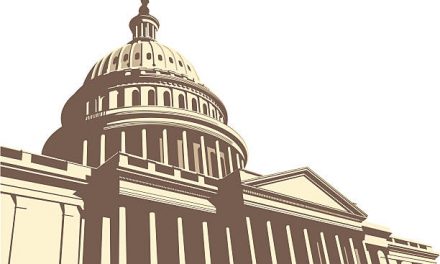This headline has to be mistake, right? After all, as an article in the Montreal Gazette reminds us, it is conventional wisdom that Canada is “more compassionate than its rough-and-tumble neighbour to the south.” This story might change that conventional wisdom:
[W]ith no prior consultation with the provinces or health-care professionals, the federal government recently announced that it will make drastic cuts to the Interim Federal Health Program – the health-care program for people seeking refugee status in Canada – effective June 30.
No medication will be provided to these refugee claimants unless there is a public-health-and-safety angle. So, for example, a woman who arrives on July 1 from Syria or Eritrea (or choose any country with a similar human-rights record) whose story of persecution is solid, and who is extremely likely to be recognized as a refugee once she has her hearing, will be denied medication if she is, say, diabetic, or has cancer or heart disease. No hospital treatment will be provided to refused refugees. So, for example, claimants who receive a negative decision but cannot be removed right away because their country is viewed by the Canadian government as too dangerous (the current list includes Haiti, the Democratic Republic of Congo and Afghanistan) will be denied hospital treatment for everything from kidney failure and cancer to broken limbs.
The reasons given, of course, connect to the very real and near-universal (developed-world) problem of trying to find a solution to the spiraling costs of health care in societies with people that are living much longer but have fewer and fewer children–especially when that health care is delivered by government entities hamstrung by huge problems with debt, waste, fraud, and politics. However, the Catch 22 we’ve been dealing with in our American public debate over health care is brought to bear in this new debate in Canada as well:
Citizenship and Immigration Canada says it will save about $100 million over the next five years with these cuts. However, many health-care professionals view this as largely a transfer of costs to the provinces, because people denied life-sustaining medication and treatment – at least those who don’t wish to just curl up and die – will end up at hospital emergency rooms, where they will be treated at high cost and released until their next crisis.
There is no way out of the the heart-wrenching problem that we cannot fund everyone’s health care. But hopefully Canadian Christians will stand up and be counted in this debate and argue that what matters primarily is not citizenship status, but a preferential option for the most vulnerable. And given that it is difficult to imagine a more vulnerable population than refugees in a strange land in need of life-saving medical care, they should have priority.





Thanks for posting on this. The plight and status of refugees is a major global human rights crisis- not only for those fleeing and those in camps but those resettled. Their treatment and access to services is a big lacuna in what gets attention in Europe, Canada and the united states –